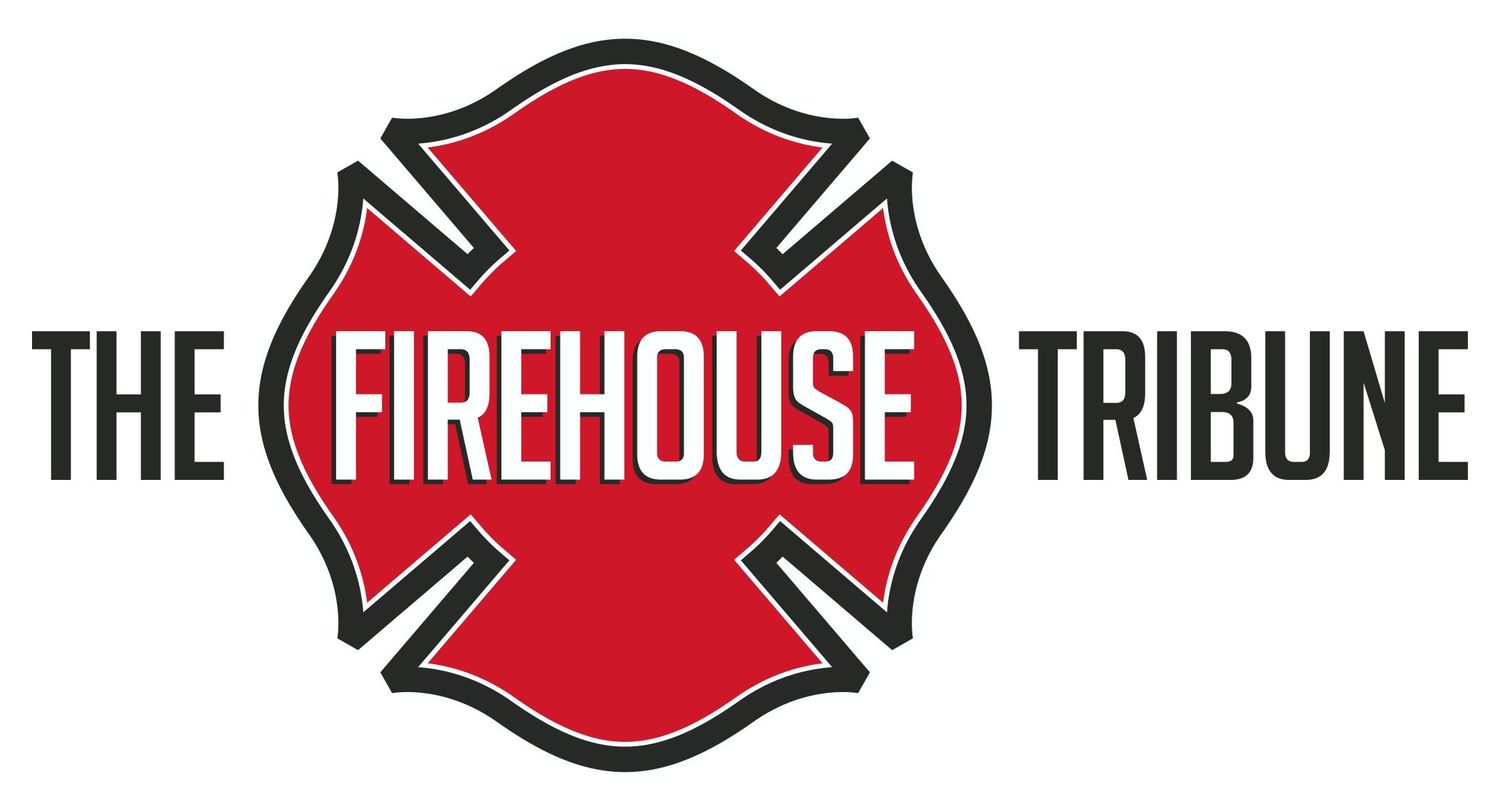Cruising to a New Perspective
We just arrived in port at the Baltimore harbor that morning. As I drink my coffee on the 9th level of the cruise ship, I can see my pickup truck in the parking lot. Looks more like a toy truckin a sea of Match Box cars. With time left before we disembark the cruise ship, I begin to think: "What a different view."
Nine days prior, I made my way to that very parking spot as directed by parking attendants. With my wife, we got our bags and made our way to the passenger terminal. We could barely see pass the sea of other cars and trucks. There was no missing the ship, though. It Looked more like a floating high-rise city. Once inside the terminal, the real boarding process began. We navigate through the maze of zig zag lines, paperwork, and check points until we finally made it to our cabin.
An announcement over the PA brings me back to that morning as I sit sipping coffee. I see a new perspective on the same place I've been before. Our truck is still in the sea of vehicles, but Inow see it on the left of the passenger terminal that we entered the first time. Further left of the ship I can see other ships of varying sizes in port. Straight ahead of the terminal building, the highway is in sight. With a steady increase of cars and decrease in speed, I'm reminded that the Monday morning commute is starting.
All of these were probably visible 9 days earlier, but I had not risen to the 9th story of ship, so I had no awareness of this. Why tell you this? In 2007 I attended the first offering of the Virginia Fire Officer's Academy. Over the course of a week, instructors were brought into the campus of the University of Richmond. Once there, they gave new and aspiring fire service leaders the chance to learn leadership from a different perspective. One of the speakers did a class demonstration using three people. All stood in different parts of the room. The presenter explained that as a person rises in an organization, he or she begins to see the same things in a different perspective. Perhaps, in a perspective that could not be understood at any of the other levels.
As a leader in any fire service organization, how do you go about having the perspective of the levels you are not currently at? How do you get the view from the 9th deck, the parking lot, and everywhere in between? Driver operators in the fire service understandhow to use gallons per minute (GPM) to provide flow for water. The fluid motion of the frame of reference of leaders also requires a GPM:
o Guide
• This is a person at a higher level than you. A person at a level that you aspire to be. He or she gives you a bird's eye view. Helps you to develop the possible visions of future goals. Having regular contact with people ahead of you is vital for achieving goals. You cannot be what you cannot see
o Peer
• This is someone from another organization or area that gives you a different perspective at a similar level. Thisperson lets you know that the grass might lookgreener because it artificial, or better taken care of. You may have arrived on side A of the building, but the peer is giving you a report from side C.
o Mentee
• Remember the version of you at beginning of your career? People say that they do. But their minds tend to play tricks on them. We all sometimes suffer the ‘Curse of Knowledge’. Once we have learned information, we can’t imagine us, or anyone else, not knowing that information already. We need someone that reminds us what life looked like in the beginning. This is how we relate what we know, to the people that need to know it.
Each new day and each new level in life affords us the chancesee and know things we never knew before. But as human beings, we only get to see the perspective of the level we are at. If we are to move us, our organization, or our cause to new destinations, we will need to use GPM to provide the proper prospective to get there. The story of our journey may seem ordinary, but the impact can be extraordinary.
About the Author
NICK BASKERVILLE has had the honor of serving in the United States Air Force for 10 years, followed by 4 years in the United States Air Force Reserves. He attained the rank of Technical Sergeant (E-6). Nick also has 16 years of fire service time, with 13 years of that being in a career department in Northern Virginia. Nick has had the opportunity to hold positions in the Company Officer's section of the Virginia Fire Chief's Association (VFCA), The Virginia Fire Officer's Academy (VFOA) staff, and in the International Association of Black Professional Fire Fighters (IABPFF) as a chapter president, a Health and Wellness committee member, and one of the IABPFF representatives to the Fire Service Occupational Cancer Alliance.



